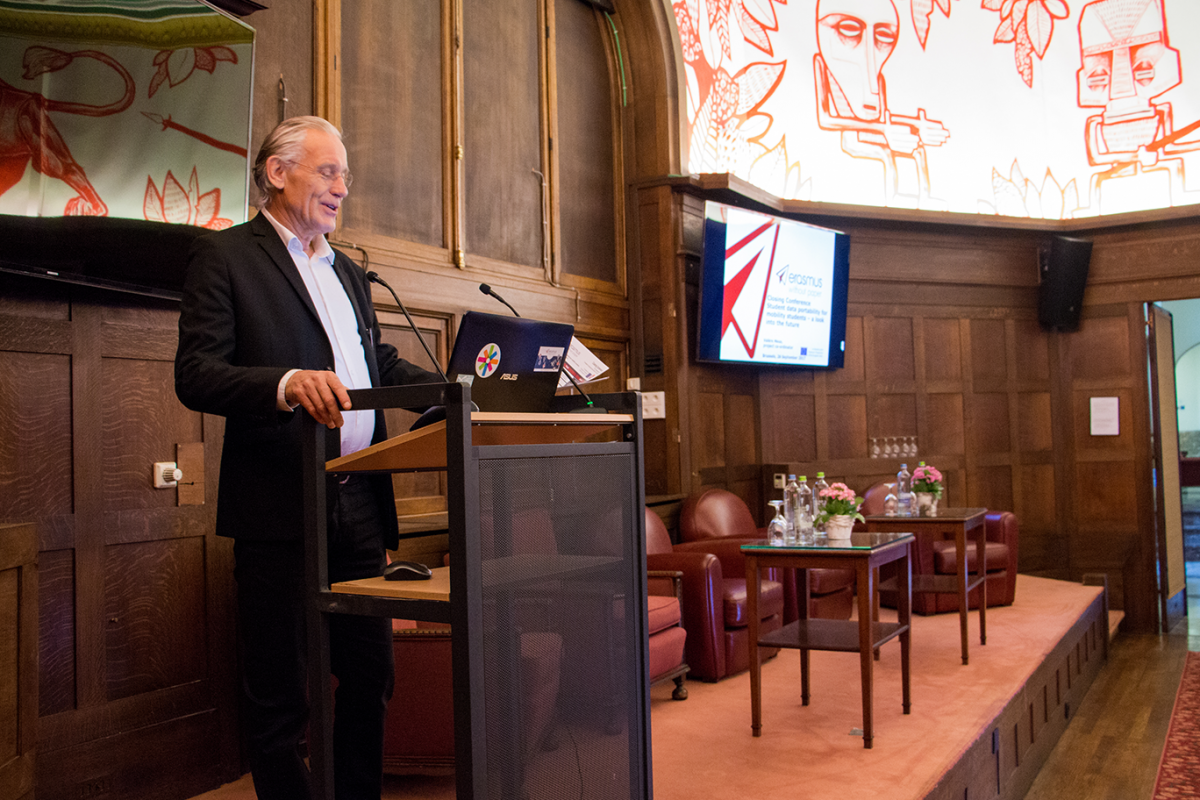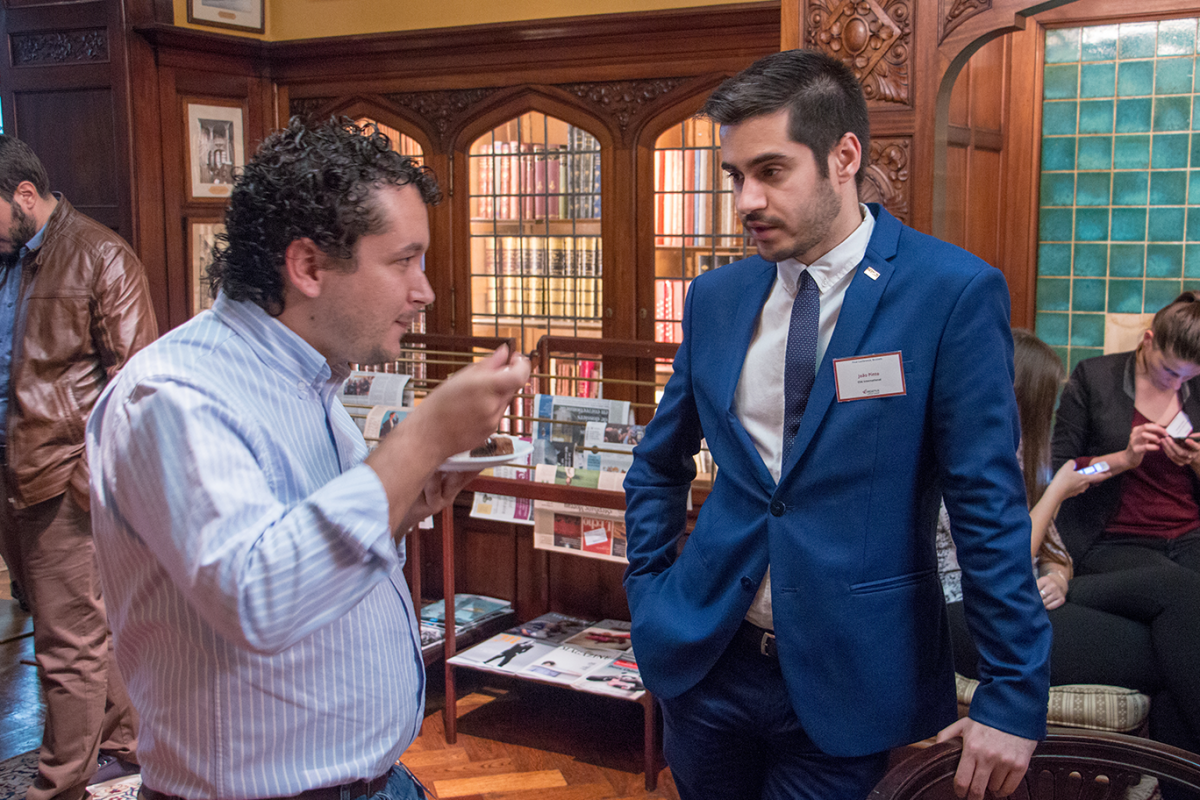
On the 26th of September, the final conference of the first Erasmus without Paper project (EWP) took place in Brussels. ESN was present with international board members and representatives of the secretariat, who has been supporting the programme since its start in Autumn 2015.

EWP project aims at creating an electronic network allowing universities to exchange data about and for the mobility within Erasmus+ to minimise the need for paper documents. This will lead to the permanent migration from the paper world to the electronic world of student data.

EWP is a grant project lead by the consortium of 11 partner institutions composed of public institutions, higher education organisations, and companies from eight European countries including ESN, Ghent University, European University Foundation, Umea University and others. The project links the servers of all the participating universities into a single network to exchange data whenever needed. By the end of the year the project will reach over 1000 Higher Education Institutions.

EWP aims to make administrative processes much faster and efficient, both for students and universities. In the meantime, a follow-up project Erasmus Without Paper 2.0 has been approved. Until 2020 most universities in Europe will gradually be able to exchange data and integrate EWP in their internal procedures. It is hoped that by the start of the successor of the Erasmus+ project EWP will have become mainstream.
A competence centre will be set up to help users go through the transition period. Simultaneously, the digitalisation will proceed as the EIDAS regulation (Electronic Identification, Authentication and Signatures) and the GDPR (General Data Protection Regulation) will become operational all over Europe. Finally, EWP 2.0 will launch an Open Source University Alliance that will bring together existing and newly-developed software and make it compatible and freely available. Existing initiatives such as OLA (Online Learning Agreement), Egracons (European Grade Conversion System) and the ESC (European Student Card) will form part of this initiative.

Making the process of registration for Erasmus easier and paperless will enlarge the numbers of students going on exchange, which in the meantime would expand connections between European countries.

Follow ESN